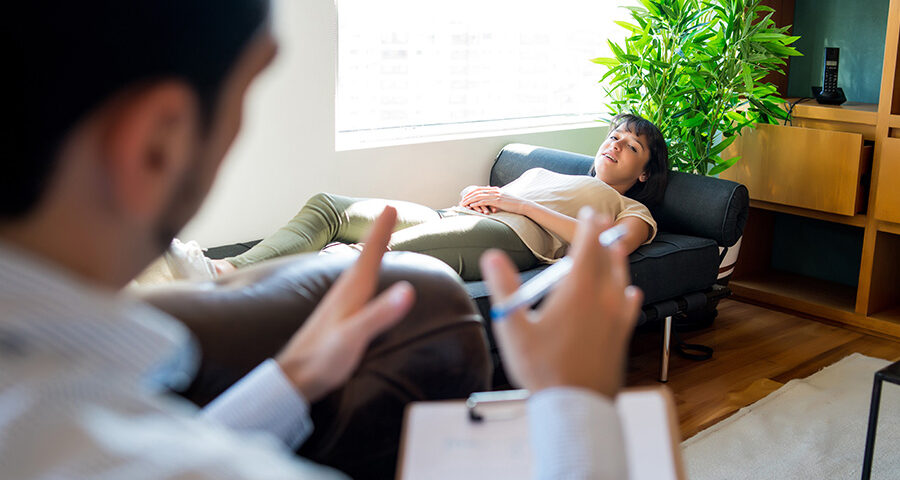
The Magic of a Therapy Appointment with “Nothing” to Talk About
July 16, 2024So, you’ve scheduled your first appointment with a therapist …
Whether this decision has been in the works for a long time or a recent event nudged you towards it, something made you a think therapy appointment might be a good idea. Now what?
Reactions to that first appointment can vary, but it often goes something like this: “Great, I’m ready for this. But wait, what am I going to say? What if I don’t know where to start? Do I really want to share all this with a stranger? What if I forget something? What if I cry? What if they judge me? Did I make a mistake? Can I really do this?”
This is where normalization comes in. Many people feel a mix of relief and panic when they schedule a therapy appointment. It’s a totally normal reaction. Your therapist might even be feeling a bit nervous too, hoping the session goes well. It’s just two people in a room, listening, talking, and sharing experiences. Sure, it might sound a bit scary, but it’s definitely doable.
Getting Ready for the Big Day
First things first, if new places make you anxious, think about what usually helps you. Maybe use GPS or do a drive-by the day before. Arrive a little early to get familiar with the space and fill out any forms. Don’t forget to bring your insurance card, identification, and a form of payment. Before diving into the paperwork, take a moment to relax and remind yourself why you made this decision.
When you meet your therapist, let them take the lead. They’ve done this many times before and just want you to feel comfortable. Once seated, your therapist might ask, “What brings you to therapy at this time?” This can feel like a big question, so having some notes ready can help. Remember, the first appointment is about getting started. The therapist will ask questions and guide the conversation, but it’s your time to share what you feel comfortable with.
What to Expect Next
During the session, your therapist will likely ask about your symptoms, family history, past treatments, important relationships, and more. It’s okay if you don’t cover everything in the first appointment. The goal is to start building rapport and to share what you can.
First appointments can feel pressured, like you need to tell your story perfectly or the therapist needs to ask all the right questions. But this isn’t necessary. This initial session is about starting a conversation and building a connection. If something feels off, give it a few more appointments. The relationship between you and your therapist is key to a successful therapy experience.
The best way to prepare for therapy is to live your life and be open to exploring it. And yes, maybe locate that restroom before you get started!
